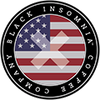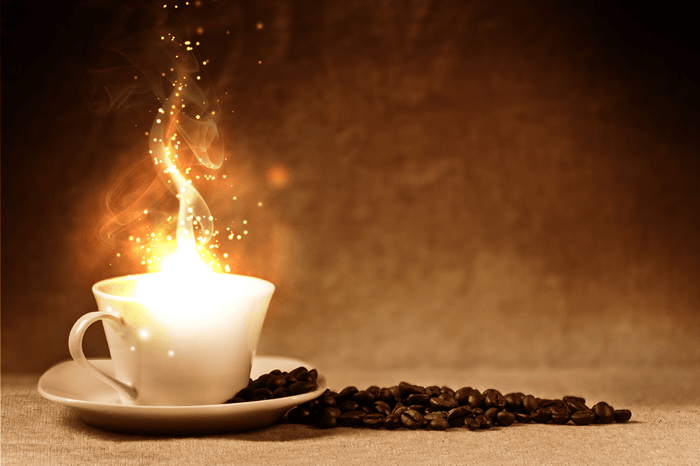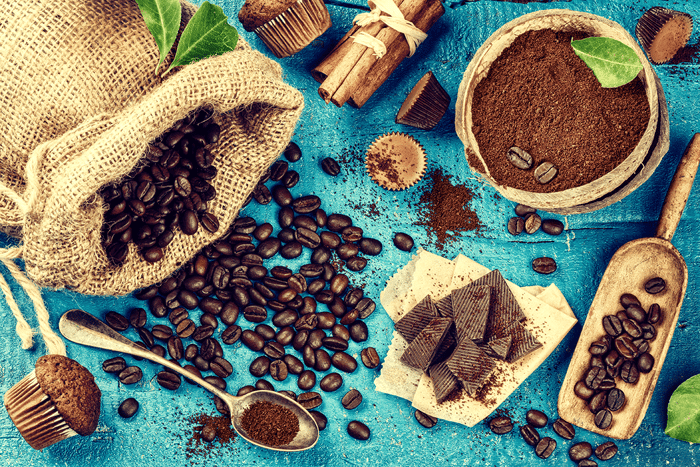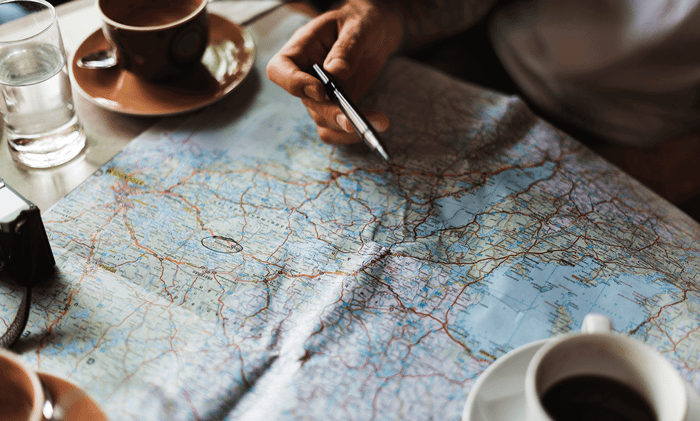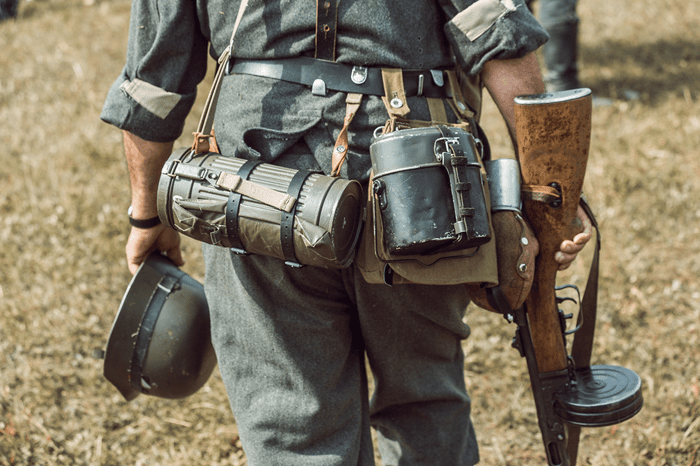Coffee is the best. It's like a legal drug. You get all the energy of the caffeine, all the health benefits of the antioxidants—plus when it's done right, it's one of the most delicious things in the world.
But what do scientists say about making the perfect cup of coffee?
Surely the key to making a perfect cup of coffee lies in some combination of water temperature, bean variety, and brewing method, right?
Wrong. (Airhorn sound)
It feels like every other month or so, there's another article making the social media rounds with a title like: what science says the perfect cup of coffee is.
Here's why those articles are full of shit:
Because there is no perfect cup of coffee, according to science or otherwise.

Now, no one ever said that making an amazing cup of coffee is easy. In fact, it's damn hard. But the reason it's so difficult is because there is no "one-size-fits-all" solution—if there was, we'd all be using the same brewing method, the same equipment, and the same beans.
The fact is, everyone likes their coffee a little bit different. And that's OK! In fact, it's great. It's what makes coffee so special.
The perfect cup of coffee for me is going to be different than the perfect cup of coffee for you, and that's because we're two different people with different taste preferences.

Ultimate Unified Coffee Theory: A Sucker's Game
Ask 5 of your friends how they like their coffee to taste. I'll wait.
You probably got 5 different answers, right?
Exactly. Some people only like black coffee, some only like it with milk and sugar, some like cold brew, some like it hot. The fact is, there is no perfect cup of coffee. Everyone has their own preferences, and what works for one person might not work for another.
So what's the point of all this scientific research into stuff like making the perfect cup of coffee?
First of all, government grants. Cha-ching! (Tip: if you say "government grants" three times, Matthew Lesko will materialize next to you with dollar signs in his eyes. You've been warned.)
Secondly, there are some general principles that will hold true for the vast majority of coffee drinkers.
For instance: Using freshly ground beans will usually give you a better cup of coffee than using pre-ground beans. But using beans that are too fresh will make a worse cup of coffee, for most people.
There aren't a lot of people out there who'll say they prefer coffee beans that were roasted the same day—unless they're trying to be the ultimate coffee snob, and are really bad at it.
That said, what food scientists can do is provide some general guidelines on what makes a good cup of coffee for most people. Still at the end of the day, it's up to you to experiment and find what tastes best for you.
So if you ever see an article that claims to have the perfect, science-based recipe for making coffee, just know that it's bullshit.

That said—Here's how to make the perfect cup of coffee, according to science:
1 - Water Chemistry
If you think about it, it makes sense that good water is so important to making good coffee. Around 98% of your coffee is going to be water. And the acidity of the water you brew with can have a major effect on your coffee.
If you brew using soft water (water with low levels of calcium ions and bicarbonate (HCO₃⁻), your cup will be more acidic (or "sour" tasting).
On the other hand, brewing with really hard water tends to produce a "chalky" cup of joe, because the high HCO₃⁻ content has neutralized all those flavorful acids. So ideally, you want to brew your coffee with water chemistry that's somewhere in between.

2 - Use the Right Ratio of Coffee to Water
If you use too much coffee, your cup will be too strong. If you use too little coffee, it will be too weak. So finding the right ratio of coffee to water is crucial to making a good cup of coffee.
A general rule of thumb is to use 2 tablespoons (10 grams) of coffee for every 6 ounces (180 ml) of water. But of course, this will vary depending on your specific brewing method, as well as your personal preferences.
According to this article from Texas A&M University:
"It takes 15 to 17 units of water to one unit of coffee to reach peak extraction and release all the good flavors. Add more water and it becomes too watery, and if there is not enough, it becomes too strong. If the grind is too fine, all the coffee spills from the machine and flavor becomes too strong and acidic. If it is too coarse, not enough flavors are extracted and coffee becomes watery again."
Experiment and find the ratio that works best for you.

3 - Be Mindful of How You Store Your Coffee Beans
Coffee beans are like any other consumable (not counting Twinkies and McDonalds burgers)—they go bad over time. When coffee beans are first roasted, they're full of delicious compounds that give them their flavor. But as those beans are exposed to air, the beans will start to taste stale, and they can eventually develop a rancid taste if they're exposed to the elements for an extended time. That's why it's so important to store coffee beans properly.
The most important thing is to keep your coffee sealed in an airtight container during storage. Then, you also want to make sure you keep them away from light, heat, and moisture. If you do all that, your beans should stay optimally fresh for about 3 weeks.

4 - Grind Your Beans Right Before You Brew
Coffee beans start going stale as soon as they're ground. So if you want to make the best cup of coffee possible, you need to grind your beans right before you brew.
If you can't do that, then you should at least store your grounds in an airtight container as mentioned above, in the same way that you would store beans.

5 - Don't Use Boiling Water
When you brew coffee, you never want to use water that's boiling. (Unless it's Folger's, in which case no one will be able to tell the difference.)
The reason is that boiling water will extract more of the bitter compounds from the coffee beans, making your cup taste more bitter. So what's the perfect temperature for brewing coffee?
Well, ideally—to make perfect coffee—you want to use water that's between 195 and 205 degrees Fahrenheit. This is the temperature at which most of the flavorful compounds in coffee are extracted, without extracting too many of the bitter compounds.
Of course, if you don't have a kettle with temperature control or a thermometer, you can just bring your water to a boil and then let it sit for 30-60 seconds before pouring it over your grounds.
Final Thoughts
So there you have it: "the perfect cup of coffee," according to science. Just remember that "the perfect cup of coffee" is a lie—or a misnomer at best.
So, the next time you see an article claiming to have the scientific secret to making the perfect cup of coffee, just remember: there is no such thing. There is only your perfect cup of coffee—and everyone else can go screw themselves.

The only articles you should trust are those written by pedantic former baristas with mild carpal tunnel syndrome and too much time on their hands.
At the end of the day, the best cup of coffee is the one that you like the best. So don't get too caught up in the scientific details (unless you want to).
As long as you're enjoying your coffee, that's all that matters.
